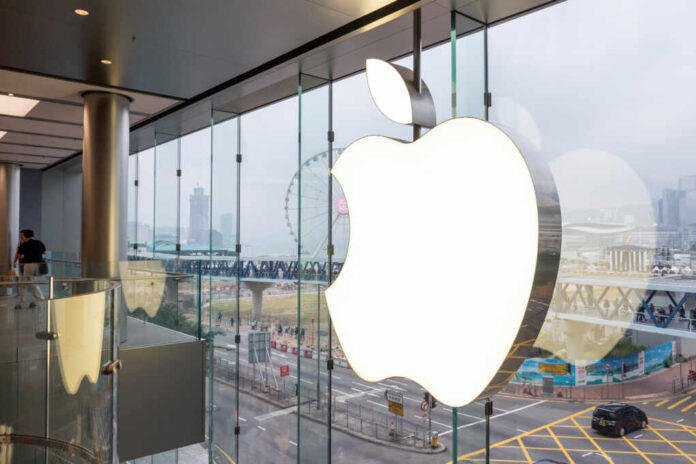
Striking a long-overdue blow for privacy rights, tech giant Apple this week announced a new policy update. The company will no longer fork over users’ push notification data to law enforcement officials without first receiving a court order.
According to Reuters, the policy is intended to place a roadblock between Apple users and government surveillance — both foreign and domestic. And surprisingly, it was a Democrat who pushed for the change.
Sen. Ron Wyden (D-OR) expressed his concerns over Washington officials requesting push notification data from Apple as well as Google. The latter already demands a court order to turn over the information, and now Apple will follow suit.
Apple will require court order to give push notification data to law enforcement https://t.co/3DGV8ZOySM pic.twitter.com/GAvcnFRfqJ
— The Hill (@thehill) December 14, 2023
Wyden said the two tech companies are positioned to monitor traffic from apps to users. This in turn could be handed over to investigators to monitor how individuals operate particular apps.
The Democrat told Reuters that he was pleased that Apple is “doing the right thing by matching Google and requiring a court order to hand over push notification-related data.”
Two hostages' bodies have been recovered in Gaza as the IDF search for over 130 still being held by HAMAS pic.twitter.com/QzO7kVAhAc
— OldhamHeart (@heart_oldham) December 13, 2023
Disturbingly, Wyden warned Attorney General Merrick Garland that his office received a tip that foreign governments were utilizing Apple and Google to obtain user records concerning push notifications.
These notifications do not originate from the apps themselves. Rather, they are from Apple and Google, which serve as intermediaries between the apps and their users.
Apple previously submitted requested data when presented with a subpoena. This is a low threshold that does not require judicial authority to be granted.
The bar is now higher between officials and private user information. Presently there must be a court order or a judge-approved search warrant to access Apple user data.
Both companies acknowledged receiving requests for private data from government officials.
Apple previously issued a supplement stating access to users’ push notification data would be granted with “a subpoena or greater legal process.” That mandate was edited to include warrant requirements that put a greater demand on government authorities.
The guideline now specifically asserts that, except in the case of a well-defined emergency, “Apple will only provide content in response to a search warrant issued upon a showing of probable cause, or customer consent.”

































